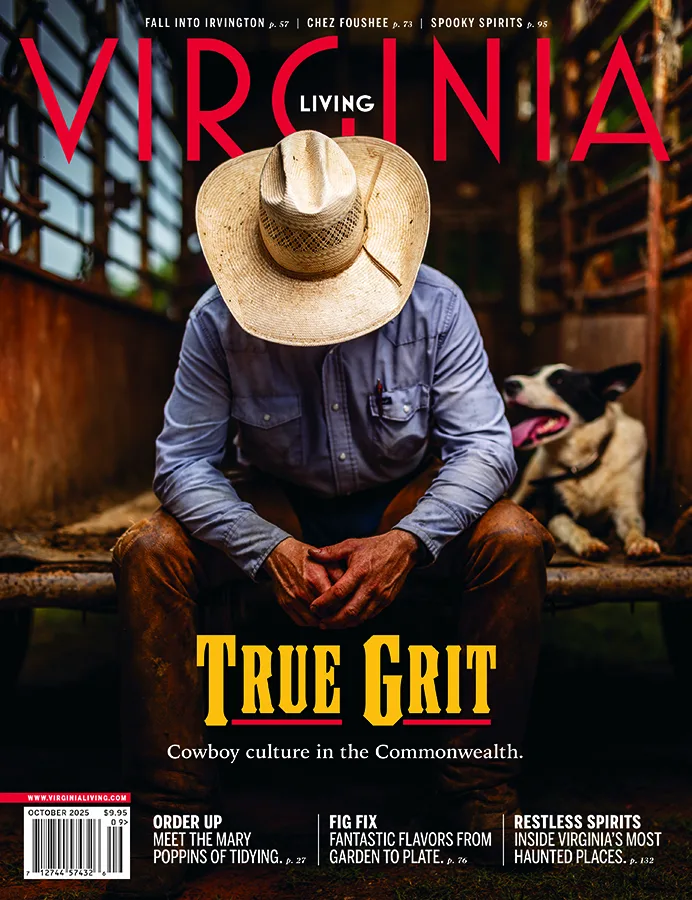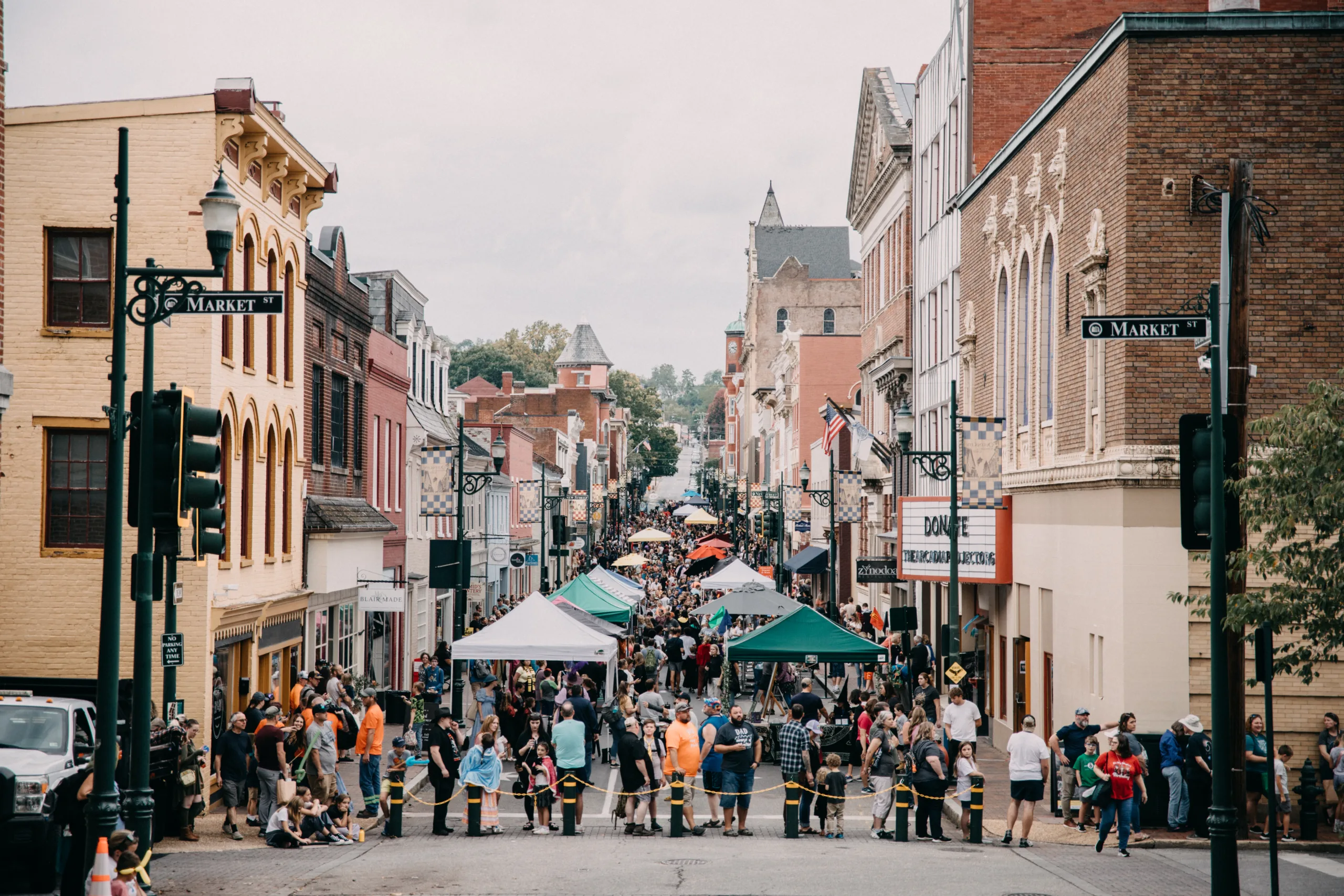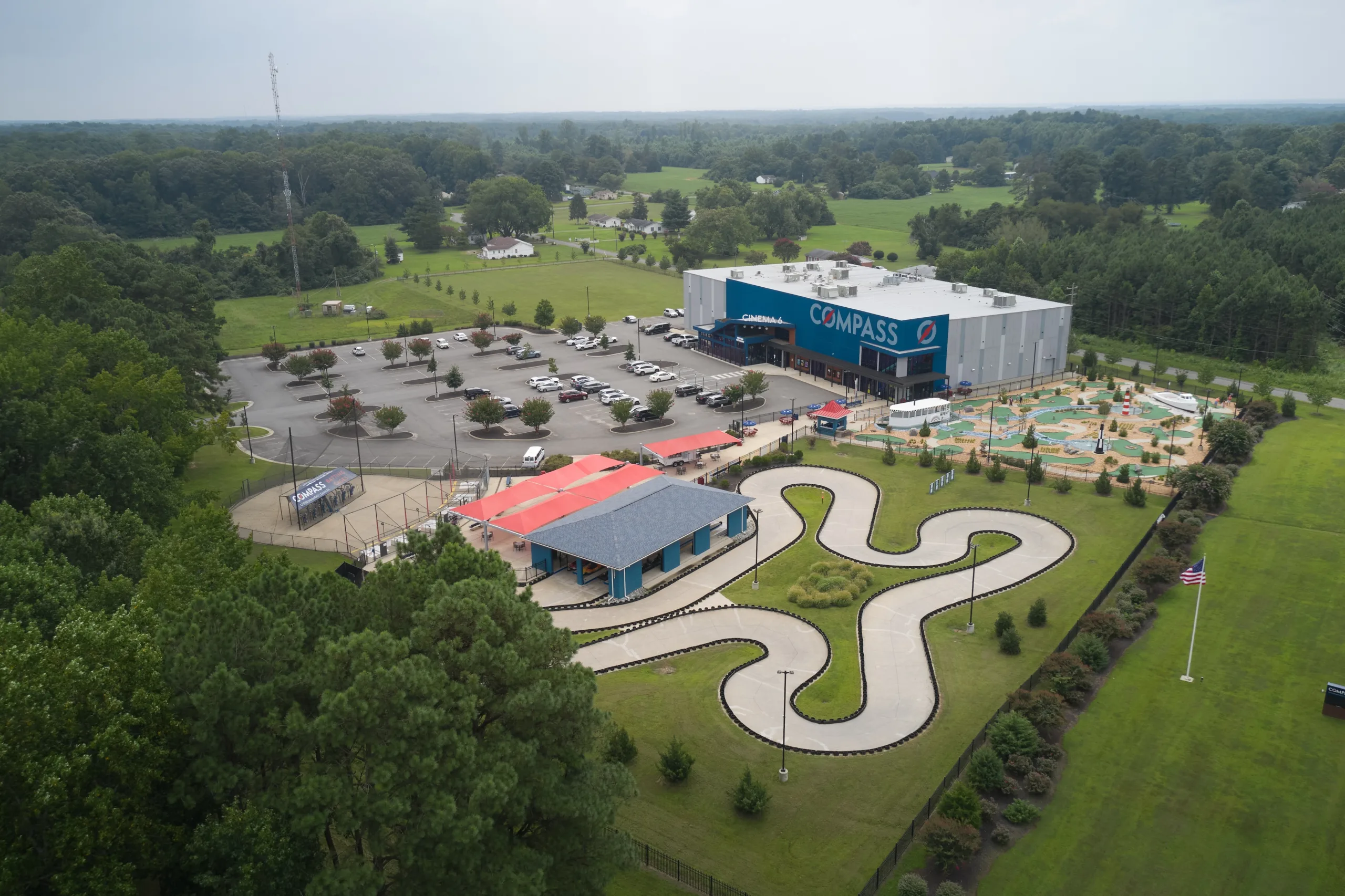For the two sisters who run Payne’s Crab House in Urbanna, the watermen’s life is tough but good. As Beatrice Taylor says, “It’s in our blood.”

Up a Creek – Feature
Catherine Via and Beatrice Taylor are a little bit flustered and “busy, busy, busy” at this time of year. This is the height of the soft-shell crabbing season, and for these two sisters and distaff watermen who run Payne’s Crab House in Urbanna, a little gray building on Urbanna Creek, there are constant challenges. In late May, both refrigerators in the little business stopped working on the same day. The sisters hurried out to buy two new ones. Then, a day later, the wind tore a screen off the shedding system, exposing the soft-shell crabs inside—the lifeblood of the business—to birds and other predators. It needed to be replaced, and quickly. Last year, the walk-in cooler went kerflooey. “We started in a hole this year, and we sometimes end in hole,” says Catherine Via, the older of the two, with a gracious chuckle. “There’s always something breaking down … maybe we’re not living right.”
As Via acknowledges, a lot of people think it’s peculiar for two older women to work in the hardscrabble crabbing business. But working the water around Urbanna is pretty much all these resilient women have ever known. Their father, Avary Payne, was a waterman himself; he started and ran Payne’s Crab House until his death in 1977. Via and Taylor grew up wading the shores of the creek, catching soft shells, also known as peelers, and selling them to their father for a nickel. “It’s how we got our spending money,” says Via, who describes her age as “old enough.” She adds, “If we wanted to go to the movies, we had to sell soft shells.” A movie, in those long-ago days, cost 35 cents. Not long after their Dad’s death, says Via, her sister turned to her and said, “Well, let’s us try [running the business].’ We’re still trying it. We haven’t got there yet, but we have a lot of laughs.”
When the freezers aren’t breaking down, that is. Or the weather isn’t lousy. The crabbing business is up and down in the best of times, and the best of times are gone. “That describes it exactly,” says Taylor—“up and down. Sometimes down more than up.” She says last year was “very bad.” This year’s first run was encouraging until stormy, late-spring weather spooked the crabs. “We had high winds, high tide, cold—and all of that affects them. Today, when we went out, we had less than half the crabs we were catching before the storm. It has turned the crabs back—they weren’t in our pots anymore.” As Taylor notes, without a hint of self-pity, that’s the life of a waterman. “It’s a lot of work, but it’s what we do,” she says. “We still love it.”
The two women, who are each married, split duties. Taylor, 12 years younger than Via, goes out on the Rappahannock River, dropping and pulling the more than 100 peeler pots the sisters own. (Peeler pots are smaller than conventional crab pots and typically used in seven to nine feet of water, with no bait.) She uses a modified Thunderbird for transport, a sports vessel turned heavy crabbing boat. A recent surgery has slowed Taylor a bit, but she’ll still work the pots almost daily when the weather is nice. “I was on the water today from 6:30 a.m. to 11:00. It was beautiful.”
She is sometimes assisted by one of Catherine Via’s sons. There are four, three of whom are watermen themselves. “They go out almost every day,” says Taylor, and keep a close eye on conditions. “They’ll say, ‘Hold on, don’t put the pots out yet—it’s not time.’ And then, ‘OK, you’d better go ahead and put them out.’” Given the nature of the work, it’s no surprise to hear Taylor say that she sleeps well at night. She lives in the house in which she was born and calls Urbanna “the most beautiful place—a wonderful town.”
Via, meantime, spends her afternoons during the May-to-September soft-shell season in and around the crab house. She comes down to the shop at 2:30 every afternoon to “fish up” the crabs—pull the soft shells out of their floats, pack them up in coolers and wait on customers. The peelers must be fished up every four hours; that’s as long as one of the creatures can stay in the water after it sheds. Any longer and the skin begins to get leathery and hard again. “Your buyer doesn’t want old paper shells—it means it’s going back to a hard crab again,” says Via. After her 2:30 duties are completed, she goes home, then returns at 6:00 for more fishing up. Taylor takes the 9:00 p.m. shift. “We take turns, back and forth, and give each other a break,” explains Via, “except during the day, when we’re both down here.”
What’s life like in winter? “Boring,” says Via, adding, “It’s just housework and laundry. I’d rather be down here, even though the work is getting harder and harder.”
Through it all, neither is thinking of retirement. Perhaps it’s because the women have too much personal history in the business. “We helped our Dad ever since we were little girls, and it got in our blood,” says Taylor. And now? “This is our way of keeping his legacy going. I think he’d be proud that we’re still doing it.” And with that, she hurries off to tend to her pots.
(Originally published in the August 2008 issue.)








